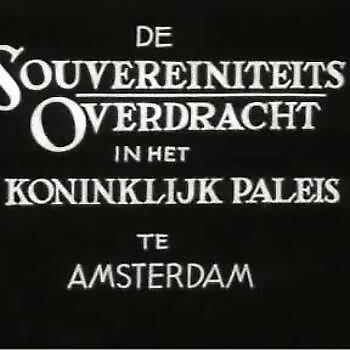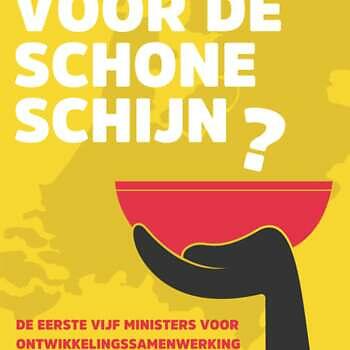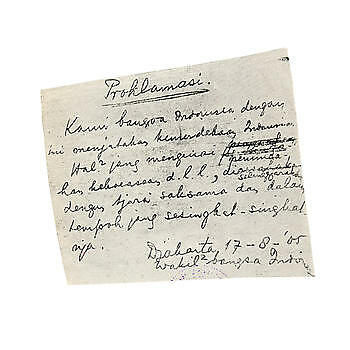The author of "Ministers voor de schone schijn," (Minister for keeping up appearances) H.A.J. Coppens, identifies the industrial revolution and World War II as historical markers that were central to the emergence of the development issue. During these periods, the realization emerged that the 'rich' countries were co-responsible for the circumstances in the colonial and other 'backward' areas. From this arose the idea that these areas should be supported with knowledge, capital, and goods. This idea took shape with the codification of the Charter of the United Nations on June 26, 1945.
Immediately after the war, the Netherlands was barely engaged in development cooperation. After World War II, the neutrality policy was abandoned, but it took a long time before alternative perspectives became apparent. Additionally, the Netherlands was too busy with its own reconstruction and the decolonization of Indonesia during this period. Apart from a few motivated civil servants and scientists, the idea of development cooperation hardly lived among the people. For example, political parties paid little attention to foreign policy in their election programmes.
Until 1948, there was little interest in the UN and attention to development cooperation. The Dutch intervention in the issue of Indonesian independence led to the Netherlands becoming isolated within the United Nations due to the international political reactions of other members. The Netherlands hoped to restore its image with positive actions in the UN, and a large group with administrative and tropical experience came from Indonesia, who could be deployed elsewhere via the UN.
Nota's:
Bronnen:
- Soest, Jaap van (1975), Het begin van de ontwikkelingshulp in de Verenigde Naties en in Nederland, 1945-1952
- Nekkers, J.A. & P.A.M.Malcontent, red. (1999), De geschiedenis van vijftig jaar Nederlandse ontwikkelingssamenwerking, 1949-'99, Sdu Uitgevers, Den Haag
- Beerens, H & M.Broere (2004), Een bewogen beweging; een halve eeuw mondiale solidariteit, KIT Publishers, Amsterdam
- Coppens, H.A.J. (2019), "Ministers voor de schone schijn? De eerste vijf ministers voor Ontwikkelingssamenwerking van Nederland", Hoofdstuk 2 Voorgeschiedenis 1945-'65


